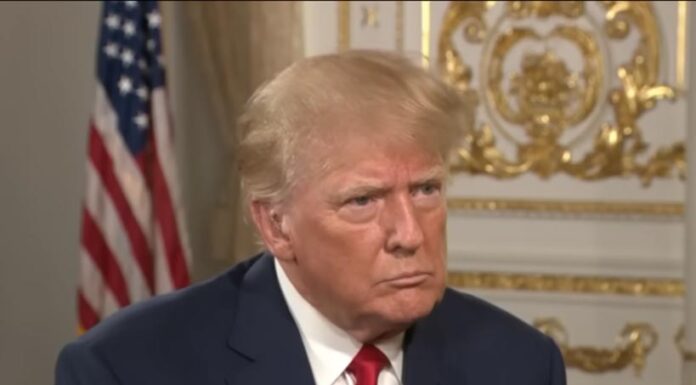Former White House Chief of Staff Mark Meadows has quietly chosen to cooperate with Special Counsel Jack Smith’s prosecutors, navigating a nuanced legal dance.
According to the New York Times, Meadows initially rebuffed questions from a grand jury, citing former President Donald Trump’s claims of executive privilege.
However, when Smith’s team challenged Trump’s assertions, Meadows shifted course. Despite the risk of angering Trump, he arranged to share information about Trump’s attempts to retain power and the Mar-a-Lago document’s case with Smith’s investigators.
The extent and terms of Meadows’ cooperation remain unclear, but sources suggest that Meadows contradicted Trump’s assertion of “declassifying” national security documents taken after his tenure. Although Meadows was not included in the D.C. indictment, he faces co-conspiracy charges in Georgia’s Fulton County.
Trump’s team, previously skeptical of Meadows, gained insight from materials shared by Smith’s investigators.
Legal experts speculate on Meadows’ potential immunity deal, considering his strategy of non-formal cooperation. His attorney, George Terwilliger, emphasizes the impartiality of witnesses, maintaining that their role is to reveal the truth.
After Meadows’ initial refusal, a court order led him to provide an unreserved, privilege-free account. In Georgia, Meadows invoked self-incrimination rights against a grand jury, related to allegations of involvement in a fabricated elector scheme.
Meadows seeks to shift the Georgia case to federal court, arguing immunity due to official duties. Analysts predict Meadows’ future hinges on becoming an “indicted non-cooperating defendant” or a “fully cooperating defendant” in the D.C. case, influencing the extent of his legal problems.








